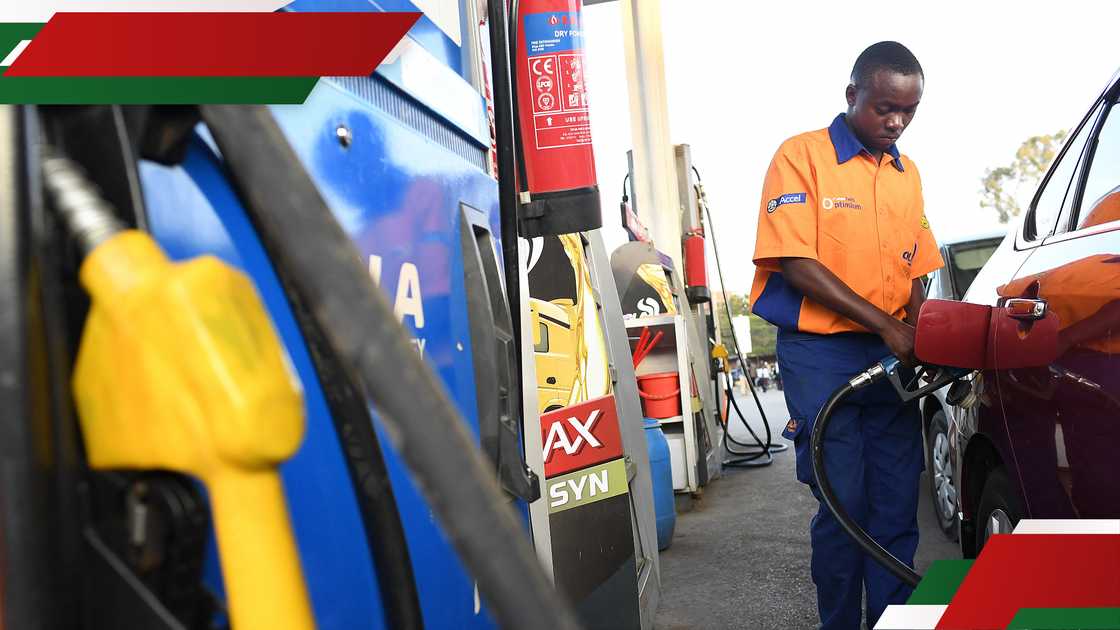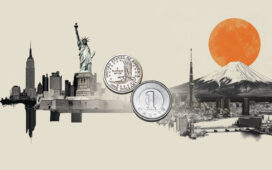- According to the Standard Chartered Bank Global Market Outlook 2025, emerging markets like Kenya and Africa are set to benefit from the weakening US dollar
- Kenya shilling remains stable against major international currencies, including the US dollar, trading at KSh 129.24
- The report also predicted stability in oil prices despite the ongoing tension in the Middle East
Kenya and Africa are among emerging markets that will benefit from trends in the global equity markets.

Source: UGC
A report by Standard Chartered Bank indicated that a softer US dollar, resilient global equity markets, and improving prospects for emerging-market assets present an opportunity for investors.
How weak US dollar will support Kenya’s economy
The lender projected that the greenback will weaken over the next 6 to 12 months on upgraded Asia (ex-Japan) equities and Emerging Market (EM) local-currency bonds to overweight.
The report stated that global equities also remain an overweight position across portfolios, supported by healthy earnings, easing trade tensions, and controlled inflation.
Standard Chartered Managing Director and CEO, Kenya and Africa, Kariuki Ngari, said Kenyan investors are well-positioned to capitalise on these emerging opportunities.
“A weaker dollar historically supports returns across risk assets, particularly in emerging markets, which have long been core components of regional portfolios,” said Ngari.
Ngari added that a weak dollar will make Nairobi markets more attractive to investors as the shilling continues to stabilise.
“We will leverage this trend to support economic development and provide innovative financial solutions for our customers,” she added.
Chief Investment Officer of Africa, Middle East and Europe, Manpreet Gill, said that adjustment to the weak dollar in the global market allows Kenyans and investors in the emerging markets to reposition portfolios with greater international diversification.
“Asset classes such as emerging market bonds and equities across major regions (including non-US equities) are well-placed to help investors navigate volatility, capture income, and enhance portfolio resilience in today’s shifting landscape,” said Gill
The report further maintained a preference for dollar-denominated bonds in the 5–7-year maturity range, citing them as the most attractive in terms of risk-adjusted returns.
The report came as the Kenyan shilling remained bullish in the forex market, hitting an average of KSh 129.24 per US dollar as of Thursday, July 4, 2025.
How stable oil prices affect Kenya’s economy

Source: Getty Images
The Global Market Outlook also predicted stable oil prices amid Middle East tensions.
Standard Chartered noted that Kenyans should expect a minimal rise in oil prices for the rest of 2025, despite ongoing tensions.
The report attributed stability in the oil market to sufficient global oil supply, which prevents a major surge in fuel prices.
It maintained a 6–12-month forecast of KSh 8,400 (USD 65) per barrel for West Texas Intermediate (WTI), a key global benchmark.
What’s the current fuel price in Kenya?
The report, however, warned that a sharp escalation in the conflict could drive prices above KSh 12,900 (USD 100).
Currently, Kenya imports fuel at a landed cost of $590.24, $580.23 and $569.00 per cubic metre of super petrol, diesel, and kerosene.
A litre of super petrol, diesel and kerosene in Nairobi retails at KSh 177.32, KSh 162.91 and KSh 146.93, respectively.
Source: TUKO.co.ke




